We’re suckers for punishment at The Quietus. Having already undertaken the gargantuan task of compiling a list of what are, in our opinion, the finest 30 albums of the year so far, Quietus pilots Luke and John decided to make themselves another pot of extra strong coffee and produce a similar list of their favourite compilations, reissues and live albums of 2010.
Boosted by copious amounts of caffeine expertly served by staff writer Ben Hewitt, we’ve produced the following list. As always, it’s a reflection of nothing more than the releases which hooked us in when we first heard them; and, crucially, the ones that have kept us coming back for more.
Oh, and if you were expecting miserly Lou Reed and his Metal Machine Music to place on the list, you may be surprised…
30 Goatsnake Flower Of Disease
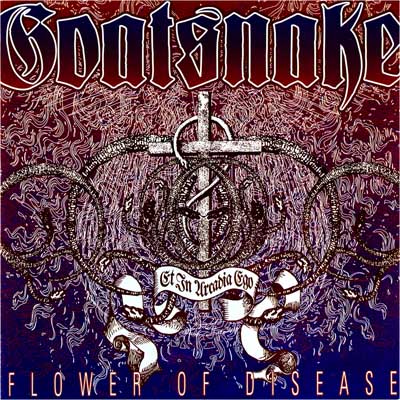
"Greg Anderson’s comes out from behind Sunn O)))’s cloak with this reissue of Goatsnake’s second album, which coincided with recent gigs, the first in years. Intriguingly, it acts a stone marker on the long and blasted road to what we now think of as doom, while also woven with the sounds of the rainy North Western US scene of the 1990s – anyone also looking forward to Soundgarden’s return would do well to take a sniff at Flowers Of Disease. Best enjoyed lying on a cold kitchen floor inhaling big green gulps from a bong made of horse’s shinbone."
Luke Turner
29. Pavement Quarantine The Past
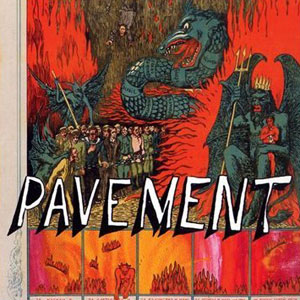
"There is probably only one indie band whose legacy has grown by more since splitting in the 90s and that is the Pixies. Pavement’s lo-fi, abrasive yet tuneful, abstract, ironic and humorousness has cast a long shadow over alternative rock over the last decade or so. And judging by this well judged anthology it’s not hard to see why… Some will never warm to Malkmus’s arch lyricism but to everyone else, this is a must, if you aren’t already acquainted with the genius of Pavement."
John Doran writing for Classic Rock Magazine.
28. Robert Wyatt Greatest Misses
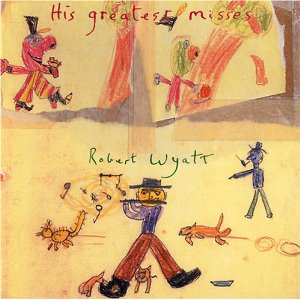
"I try and strip away various habits and mannerisms which popular singing has acquired. Accidents and habits occur and so styles change, which is of course necessary. But the first songs I ever sang were Victorian adaptations of folk songs which isn’t the same thing as folk songs themselves but this is what I grew up with… When I try and sing it’s like a process of elimination and I try and avoid doing anything that I don’t think is necessary. I feel like I work in a very primitive way. I like to know what the notes are, what the words are and what the most effective way of getting them across is."
Robert Wyatt
<a href=” http://thequietus.com/articles/00909-robert-wyatt” target=”out”>Read the Quietus interview with Robert Wyatt here.
27. Washed Out Life Of Leisure
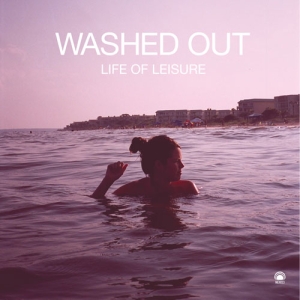
"The irony is that it’s such pilfering that puts Washed Out above its peers; whereas Ducktails and Neon Indian use their own tools to desperately try and create their own take of Panda Bear et al’s annus mirabilis, Greene simply rounds up other people’s tools to do the job for him. There’s no sense of overbearingly hip replication, sources are simply gathered and assembled, then treated with swathes of reverb to transform them into depthless oceans of gently lapping sound – it’s either brilliantly cunning or a brilliantly infuriating depending on your viewpoint."
Simon Jay Cattling
Read the full Quietus review here.
26. Various Artists To Scratch Your Heart
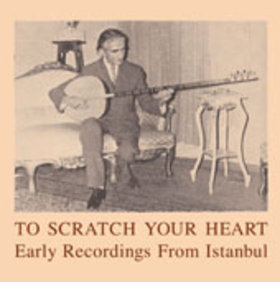
"All the music presented here is non-religious. Folk and classical traditions are mixed, sometimes crossed. Most of the singers are hafiz – that is, versed in a musical reading of the Koran, and renowned for mastery of the gazel. Here, a musical setting is improvised – according to the makam system of corresponding modal sets – for poetry of the soul, wine, love and beauty."
Gokhan Ara in the liner notes of To Scratch Your Heart
25. Various Artists Deutsche Elektronische Musik
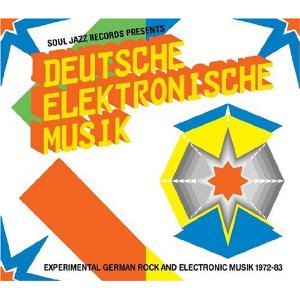
"Back in the early 1970s in Germany, it seems you could throw a rock out of a speeding VW window and randomly hit a brilliant, superlative-inducing group of one sort or another. Can were the most famous, Kraftwerk had the most potential, Amon Duul II were (arguably) the most psychedelic, Guru Guru the most hellaciously boogieful and so on and so forth. There were very few things (outside of their nationality) that linked all of them together other than an astounding sense of sonic radicalism. (The eagle-eyed reader will notice I haven’t mentioned Frumpy or Eloi here.) Not all of them were early adopters of the synthesizer or electronics and even fewer were proponents of the motorik rhythm (dubbed the apache beat by its most famous rhythm engineer, Klaus Dinger of Neu!) but most of them seemed to be reacting against the previous generation’s participation in World War II by breaking as many ties with the immediate past as they could. Especially when it came to music."
John Doran
<a href="http://thequietus.com/articles/04451-faust-interview-with-hans-joachim-irmler-for-album-faust-is-last target="out">Read the full Quietus interview with Faust here.
24. Juan Maclean DJ Kicks
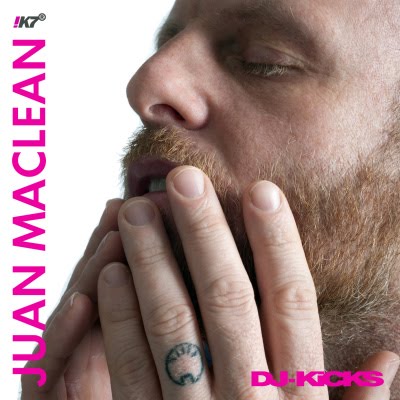
"It would probably be an overstatement to say the story of John Maclean was one of redemption or deliverance, but it is true that the New Yorker has faced a demon or two on his way. MacLean has waded through a drug addiction that took him almost to the point of irrevocable destruction; the dissolution of a band beset by tragedy; and eventually a profound apathy towards the plasticity of the scenes he found himself in that made him give up music altogether. While averting total disaster, that’s a lot of spanners in the works."
Barnaby Smith
Read the full Quietus interview here.
23. Various Artists The Minimal Wave Tapes Vol 1
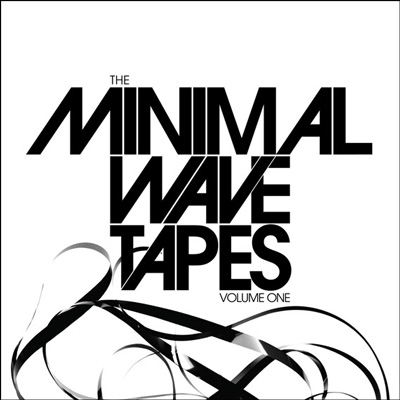
"It’s more avant garde. It’s delves deeply into how out there the artists of this era could be. Which is pretty far out. We licenced the Stereo track ‘Somewhere in The Night’ from Minimal Wave, and communicated with them to make sure we didn’t overlap with the tracklistings. We kept in touch to compare notes on how the comps were doing, I think the fact that there were two at the same time was mutually beneficial to both of them. Everybody loves a scene. I like lots of [tracks on the album]. ‘Game And Performance’ by Deux was one we wanted for our comp but MW wouldn’t let us have it, exquisite French pop, like Polaroid Roman Photo by Ruth.. ‘Moscu Esta Helado’ by Esplendor Geometrico is great, it sounds like ‘Higher State Of Consciousness’ and ‘Caramel’ by Cluster. But my fave is ‘Flying Turns’ by Crash Course in Science, it’s weird, intense, new wavey and it sounds like a hot summer sidewalk getting hotter. Also LCD Soundsystem blatantly ripped it off for ‘Losing My Edge’."
Joe Daniel on the difference between The Minimal Wave Tapes Vol 1 and his Angular compilation Cold Waves and Minimal Electronics Vol 1
22. Bardo Pond Bufo Alvarius
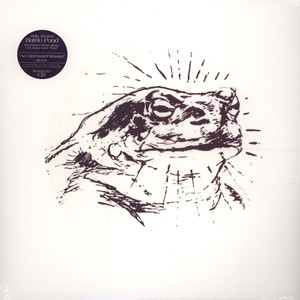
"Bardo Pond, a wide-eyed Philadelphian psychedelic rock unit, exist as a shining point on a graph. A scintillating cross drawn on a celestial arc, marking their place among the Thirteenth Floor Elevators, Calico Wall, The Stooges, Lift To Experience, Spacemen 3, My Bloody Valentine, Mercury Rev and, more recently, Jackie O Motherfucker and MV&EE. Explicitly narcotic – there’s no room for coyness or prissiness in space rock! – the band was initially an excuse for abyssal guitar drone exploration by brothers Michael and John Gibbons. But ‘Bufo Alvarius’ (named after a potently hallucinogenic toad) their classic 1995 album marked an important turning point.
"It was like the flickering cine 8 film of someone falling off a cliff played backwards. A hazy figure leaping out of the void, pausing at the second their foot touched terra firma. It was the juncture where their music clarified out of chaos and started to coalesce around formations of post rock, shoegaze and psych structure while always threatening to dissolve into a blizzard of reverb, white noise, fuzz drone and echoplex. Sure there were others doing similar things but no one quite like this. They nudged ahead and nuzzled at the listener with snatches of sweet harmony filtering through the haze, like random sentences of a radio show puncturing a dream."
John Doran
21. Fela Kuti Expensive Shit
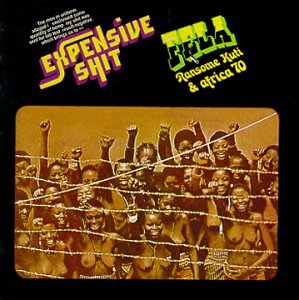
"Fela Kuti’s 1975 twelfth album was always going to be a highlight of the ongoing epic reissue series of his back catalogue, and a timely reminder that this is one of the best albums of a decade. Many wonder what might have been had Kuti not been deported from the United States 1969, and had continued to work with James Brown’s band, and other Western musicians. I’d say such hypothesising is futile in the face of these two tracks and twenty-odd minutes of mastery over dynamic, structure; a strict and glorious funk. That’s not to mention that no other man in history has ever succeeded in writing such a triumphant, rebellious song about the most necessary of human acts."
Luke Turner
20. Various Artists The Exploding Disco Inevitable
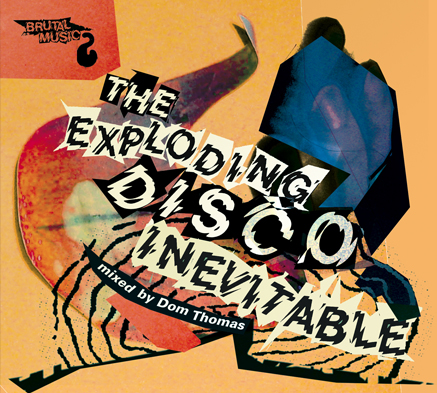
"This year Finders Keepers Records is five years old. Since its inception, the label has reissued and uncovered a vast and diverse range of music taking in Persian funk, Welsh folk, proto-feminist Czech cinema soundtracks, German library music and Pakistani electronic pop. And that’s just for starters. It’s grown into something of a dream for those of us who are hungry for unheard sounds – entirely reliable and completely unpredictable. The music alone would be more than enough reason for celebration but they should also be worshipped for a profoundly anti-snobbish attitude. Every release is stuffed full of impeccably researched notes charting cultural histories and large personalities – Finders Keepers are educational without assuming anything on the part of the listener, and they side-step dodgy notions of high and low culture."
Jonny Mugwump
<a href=” http://thequietus.com/articles/04122-finders-keepers-doug-shipton-andy-votel” target=”out”>Read the Quietus Finders Keepers article here.
19. Various Artists Palenque Palenque
"The Caribbean coast of Colombia has had a long relationship with Africa stretching back to the 17th Century. In the 1970s and ‘80s the sound system culture of the towns of Barranquilla and Cartagena started looking to Africa once again for musical influence. The DJs and ‘picos’ (soundsystems) began to play imported modern African and Caribbean Creole music alongside Colmbian hits and the ‘Champeta’ sound was born."
From www.forcedexposure.com.
18. Judas Priest British Steel
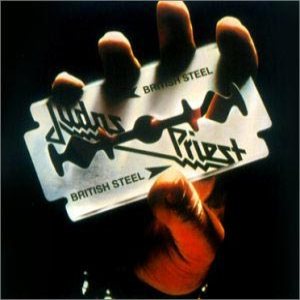
"If there is one behemoth of a metal band that will not be affected by the vagaries of style – either way – it is Judas Priest. It doesn’t matter how much people claim that metal is an influence on the cat walks and put on doom metal shows in art galleries: Judas Priest will remain potentially the most un-trendy, the least co-opted band ever formed.
"To the public at large they will always remain a mystery; an anachronism; an embarrassment. To their legions of fans, they will always be the innovators; the unswerving one-percenters; purveyors of REAL METAL. Whatever your take on them musically though, one thing is undeniable, they are one of the most important and innovative heavy rock bands ever. They bridged the gap between the heavy metal mark I of Black Sabbath and the myriad genres of the 80s and beyond. They basically laid the bedrock for thrash, death, black and other forms of metal madness that would save it from being just another offshoot of rock and help it become the most dominant musical genre of the last two decades."
Read a Quietus interview with Judas Priest here.
17. Nick Cave & The Bad Seeds Henry’s Dream
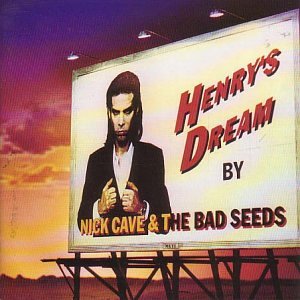
"None of 2010’s batch of Nick Cave & The Bad Seeds reissues may be on a par with From Her To Eternity – re-released last year along with three other Bad Seeds albums – but Henry’s Dream surely comes close. Cave may have reportedly had misgivings about the work of long-term Neil Young collaborator David Briggs, but the producer’s commitment to recording live in the studio helped capture Cave’s bitter romanticism at its most poignant. Whether he’s picking over the remains of a doomed relationship in ‘Straight To You’ or taking a moonlight stroll with a loved one in ‘Loom Of The Land’, he’s never anything less than utterly compelling."
Ben Hewitt
16. Wooden Shjips Volume 2
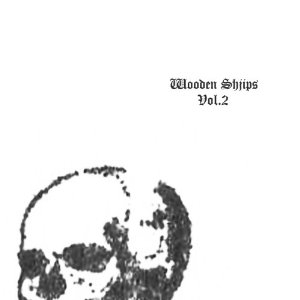
"Wooden Shjips are clearly subscribers to the theory that anything containing more than three chords is jazz. Their adherence to this theory has led them to scale back to the degree that one chord, one note or one riff is quite enough to be going on with, thank you very much. And more power to them, for this is a band that utterly revels in the sheer stupidity that minimalist lysergic rock has to offer.
"Originally designed to be an output for non-musicians, Wooden Shjips manage to do much with very little. So it is that Vol. 2 is a fine collection of rarities, foreign label releases and tour souvenir cuts that acts as a pit stop until these cosmic rough riders propel their next full-length album through your third eye to mainline straight to your addled brain."
Julian Marszalek
To read the full Quietus review click here.
15. Disco Discharge The Pink Pounders
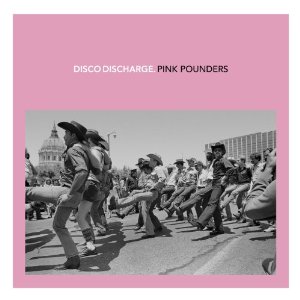
"I came out at a Disco, the Masquerade in London’s Earls Court Road to be exact. It was situated in the basement of the local launderette (but then weren’t they all at this early period in Disco’s development that would see the expansion from tiny supper club to hi-tech hanger) and consisted of two large-ish rooms. One had a miniscule mirror-walled dance floor at the end. The other was where the Alkasura label (think early Vivienne Westwood) fashion queens congregated and ate the tiny salad that had to be a legal provision as per the outdated late-night licensing laws. You could only serve alcohol if some food was provided in the not so swinging 1971. I was taken to the Masquerade by a fellow work mate who had obviously guessed I was gay before I even knew myself. And to Isaac Hayes’ ‘Theme from Shaft’ I was picked up by a Spanish tourist and finally realized why I never felt comfortable with having girlfriends."
Alan Jones
Read the Quietus feature on the gayest of disco here.
14. Charanjit Singh Synthesizing – Ten Ragas To A Disco Beat
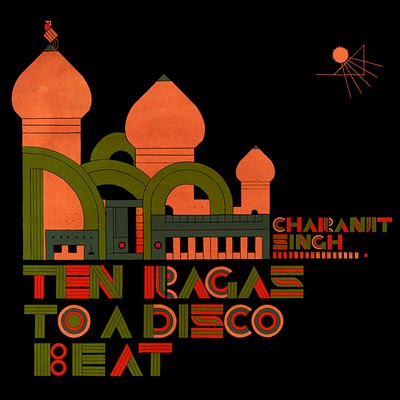
"In 2002 I went to India to look up and interview Bollywood composers and musicians, as I wanted to find out how this music was made and recorded. I landed in Delhi, and of course went to dusty and crowded old Delhi to look for records. In a shop I found Ten Ragas…, and was attracted by the title. Usually such records contain a very cheesy disco potpourri, but this title was just too good so I bought it. Back in my hotel I played at my portable player, and I was blown away. It sounded like acid house, or like an ultra minimal Kraftwerk. Since then I’ve had the plan to issue it, but it’s only now I came round it."
Edo Bouman, Bombay Connection
13. Neu! Box Set
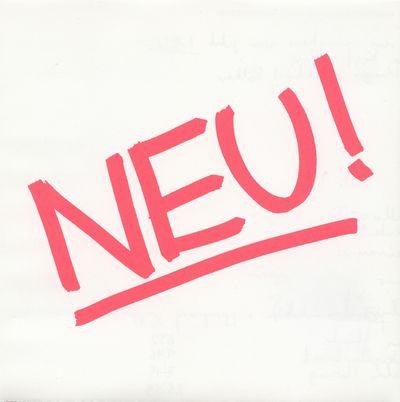
"Michael Rother insisted that football was the main inspiration for the motorik beat: ‘I’m not sure that we thought it had anything to do with transport. I remember that Klaus [Dinger] and I never really talked a lot about theories we just both really enjoyed playing soccer. You know football, running up and down and everything. We even had a very good team with me and Klaus and Florian [Schneider, Kraftwerk] – he could run very fast. I remember on one tour there were some British bands there at a festival and we met them on the field. I remember we played against Family [UK hippy blues rock band] at one festival. We all loved to run fast and this feeling about running fast and fast movement, forward movement, rushing forwards that was something that we all had in common and the joy of fast movement is what or part of what we were trying to express in Neu!"
Read the Quietus feature on Motorik and Neu! here.
12. Sam Spence Sam Spence Sounds
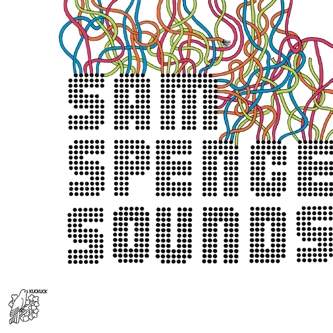
"Throughout the mid 60s Sam Spence kept his hand in popular music via his US connections. His original roots playing clarinet and sax in Californian swing bands had lead to paid work sending compositions to commercial Hollywood groups which lead to a part time interest in electronic instr5uments and the development of the synthesizer. To balance his classical composition Spence was able to use his Hollywood credentials to score German TV commissions making dozens of groovy symphonic scores with electronic flourishes and towards the end of the decade with the help of a long term contract composing motivational music for the National Football League, Spence had raised enough capital to bring one of the very first Moog synthesizers to Germany."
Andy Votel
<a href=” http://thequietus.com/articles/04122-finders-keepers-doug-shipton-andy-votel” target=”out”>Read the Quietus Finders Keepers article here.
11. A Certain Ratio Force
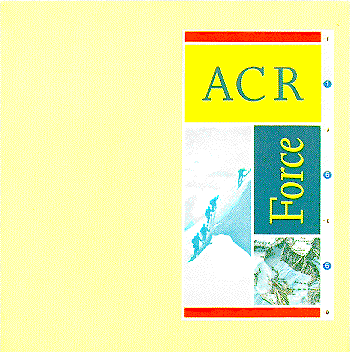
"The hinge moment on Force is undoubtedly ‘Mickey Way’. This proved to be the slab of quality funk to which they always aspired. For anyone who hung around Manchester in 1987, it remains impossible to hear this song without being instantly transported to vision of Hacienda bollards; of a club finally coming to terms with an influx of house and truly a parallel club to New York’s Paradise Garage. Indeed more than that, in the entire span of pre-Madchester Hacienda, only A Guy Called Gerald’s ‘Voodoo Ray’ retains a more evocative effect. This remains a time travel song built from the steely influence of George Clinton."
Mick Middles
<a href=” http://thequietus.com/articles/04015-a-certain-ratio-force-reissue-review” target=”out”>Read the Quietus review of Force here.
10. Various Artists Congotronics Box Set
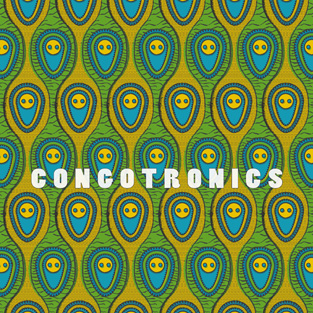
"Anyone who has spent time in Kinshasa, the capital of the Democratic Republic of Congo, will know that it’s a city that bustles with an industrious and infectious energy. Maybe it was living there that inspired Mawangu Mingiedi to take that energy and apply it like jump leads to the Bazombo trance music he had grown up with near the Angolan border. In doing so, he created a band called Konono No.1 and revolutionised a musical tradition that stretched back hundreds of years. The impact Konono No.1 have had on Bazombo music has been literally electrifying. When Mingiedi found himself unable to find the sound he was looking for using traditional instruments he took it upon himself to build the first ever electric likembe. The likembe is a kind of handheld piano played with the thumbs, but amplification using magnets salvaged from old cars transformed it. When the band plays the likembe on stage it looks like they’re operating oversized remote controls. It sounds like nothing you’ve ever heard before."
Kevin Perry
<a href=” http://thequietus.com/articles/04393-konono-no-1-vincent-kenis-congotronics-interview” target=”out”>Read the Quietus Congotronics feature here.
9. Optimo Fabric 52
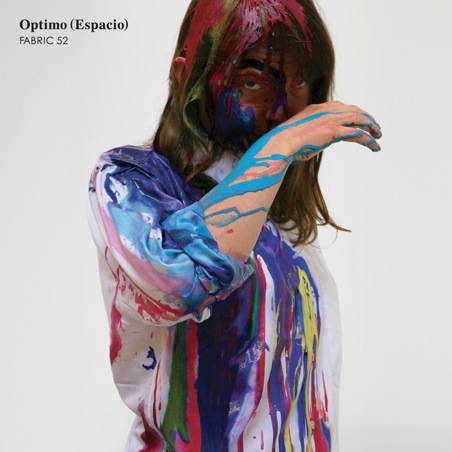
"As one door shuts another opens. Sunday April 25 was the last Optimo (Espacio) party at the Sub Club in Glasgow. JD Twitch and JG Wilkes have been organizing Scotland’s most (rightfully) celebrated club night for the last 13 years and have put the night out to pasture in order to concentrate on other DJing, remixing and music related projects. Twitch (Keith McIvor), an Edinburgh born acid house fan, and Johnny Wilkes, a Belfast punk, met through the Pure night. Bored with the state of clubbing in the late 90s the pair formed Optimo as an excuse to play the kind of music that they never heard out. Whether that be EBM, techno, acid house, industrial, minimal, disco, funk, post punk… their only rules were to use the freedom of a Sunday night residency as freedom from the tyranny of the four to the floor house night hegemony. The pair will still occasionally be found DJing at Optimo Presents nights at the Sub but it certainly feels like this and the Fabric mix are drawing a line under this chapter of their career."
John Doran
Read the Quietus Optimo feature here
8. Various Artists Pomegranates
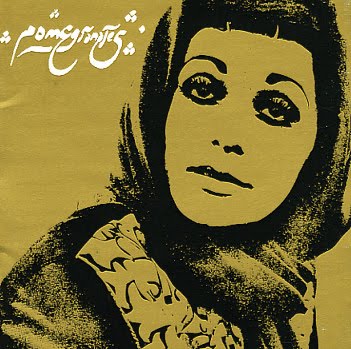
"It’s no accident that the phoenix is an exacted moral, mythical and figurative symbol in Iran. Like the phoenix, Iranian culture is in constant flux an, at times, elusive, with its existential wavering and blurred panoramas. Most of contemporary Iran’s artistic and creative leanings, its grapples with history and identity are loosely and mystically conjoined and contested in memory."
Mahssa Taghinia
<a href=” http://thequietus.com/articles/04122-finders-keepers-doug-shipton-andy-votel” target=”out”>Read the Quietus Finders Keepers article here.
7. The Cure Disintegration
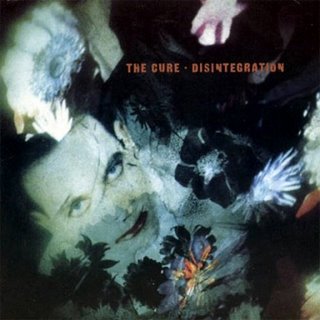
"Disintegration has been described as a sequel to 1982’s wrist-slitting fan favourite, Pornography. Yet the two albums are very different. Pornography is dense, claustrophobic and virtually tuneless- in the best possible sense. Turgid and deliberately ugly, drowning in self-pity and occasionally lashing out with bursts of savage loathing, Pornography sounds like depression feels: sucking all positive energy into a black hole of utter negativity. But Disintegration is spacious and melodic, and filled with moments of great beauty. Its pace is stately and elegiac. Bells twinkle like stars in the midnight sky; melodic basslines weave their way through the gentle sadness of sighing guitars and keyboards that rise up like glaciers. Certainly, to the unaccustomed ear, there is doom and gloom aplenty; the abyss is never far away. But this is the Cure we’re talking about, after all. These things are relative. Disintegration is a melancholy record, but not a depressed one."
Ben Graham
<a href=” http://thequietus.com/articles/04352-the-cure-disintegration-reissue-album-review” target=”out”>Read the Quietus review of Disintegration here.
6. Virgo Virgo
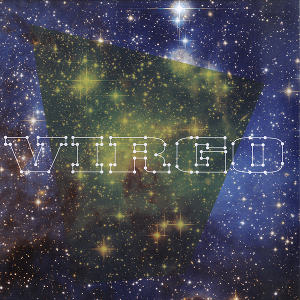
"There were two different Virgos on Trax, the other one being the Virgo of Adonis, Marshall Jefferson and Vince Lawrence. That was one of Larry’s (Sherman, Trax label boss) ideas. He felt since we were unkown and our stuff was in the same vibe that it would add some name recognition. Our name was M.E. (Merwyn & Eric). We were very against Larry changing it. We were somewhat furious, but finally went along with it because we were so into doing the music and not so worried about a name." Their first single, Virgo Four ‘Do You Know Who You Are’, was finally release in 1989. A second single ‘Ride’ quickly followed in the same year, this time, oddly enough, under their M.E. alias. A year after the ‘Summer Of Love’, house music was in full swing in the UK, where ‘Do You Know Who You Are’ was picked up and led Sherman to combine both singles and license these out as the Virgo (this timne leaving ‘Four’ off) album to Radikal records. Their second single as M.E. was released a year later. ‘Winter Days & Summer Nights’, which featured r&b singer Yvonne Gage (‘Garden Of Eve’), stalled pretty quickly after Sherman refused to promo this to a local Chicago radio station. Merwin: ‘Larry told us they wanted it on cd to play it, and Larry refused to give them a cd, he said the vinyl pressing should’ve been good enough. We thought "Aw geesh, you gotta’ be kidding me!"
Christiaan Macdonald
5. Liars Live
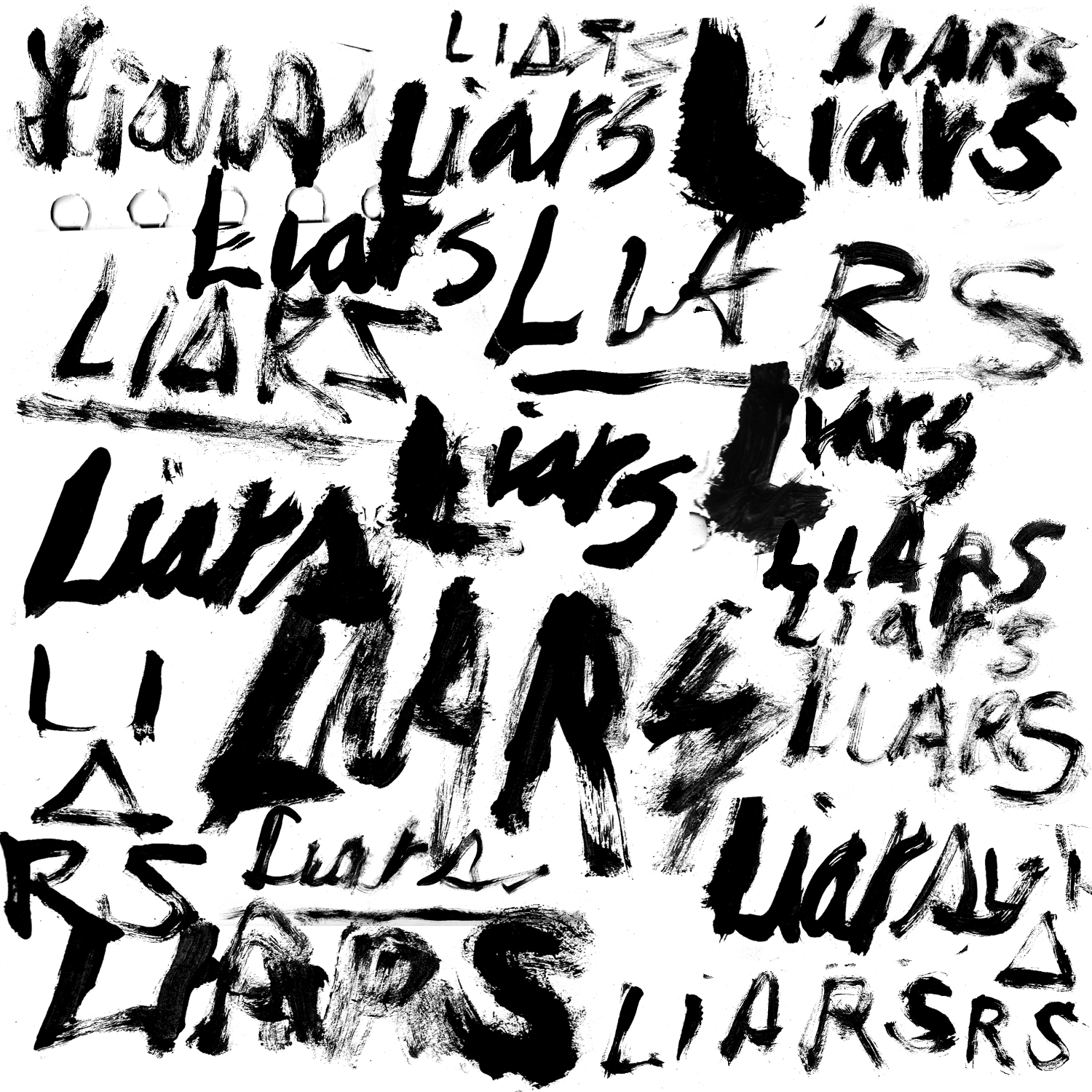
"Liars are a band defined by the bubbles they’ve inhabited over the years. Trapped in the Brooklyn post-punk bubble for their appropriately named 2002 debut, They Threw Us All In A Trench and Stuck a Monument on Top, the band escaped of the dance-punk tag by retreating to an isolated house in New Jersey. Free of Williamsburg’s hipsters, the band turned inwards, sinking into their own personal bubble and producing the phenomenal, though initially poorly received, They Were Wrong So We Drowned. Relocating to Berlin, Drums Not Dead and Liars benefited from the disassociation that comes with the expatriate lifestyle. Unable to speak the language, which effectively cut them off from large chunks of the surrounding culture, the band were once again free to focus on making what they wanted within a space influenced by little more than their own creative urges."
Charles Ubaghs
<a href=” http://thequietus.com/articles/03860-liars-sisterworld-album-review” target=”out”>Read the Queitus review of Sisterworld here
4. Godflesh Streetcleaner
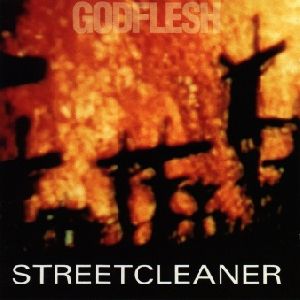
"[Streetcleaner] is an album that still remains a low water mark in nihilism and misanthropy, delivered with uttermost militancy in musical intensity and lyrical bile. There were antecedents to this astounding album, it combined the oppressive machine beats of Throbbing Gristle with the torrential noise of Swans’ Cop and married it to the anti-disco tribal pulse of early Killing Joke and the abrasive vocal delivery of Grindcore. It’s just that this mix proved to be Hellishly perfect. Most brilliant (and some awful), machine tooled metal and industrial from the 90s onwards can trace its ancestry back to this uncompromising vision of a man made hell on earth."
John Doran writing in Metal Hammer magazine
3. Various Artists The World Ends: Afro Rock & Psychedelia in 1970’s Nigeria
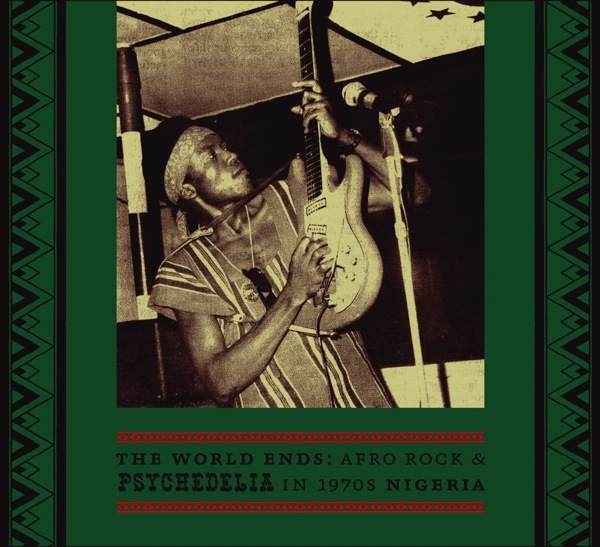
"It was against a backdrop of a country recovering from a civil war that much of this astonishing compilation, the result of yet another fine treasure hunt from Soundway, was recorded. By unselfconsciously blending the (to us) familiar heady sounds of 60s psych and groove with traditional African rhythms andinstrumentations, these songs capture a sense of release and optimism, and a new music being forged a million miles from Western hippydom’s desperate decline."
Luke Turner writing in The Stool Pigeon newspaper.
2. Omar Souleyman Jazeera Nights
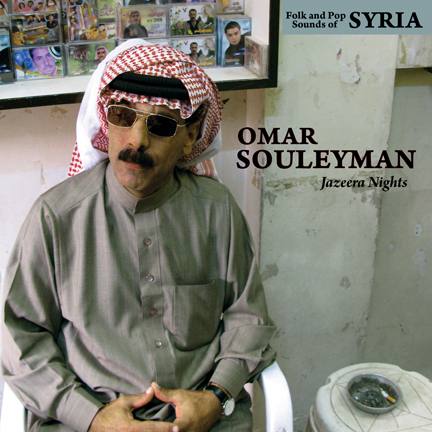
"A few muttered words in Arabic, shrouded in echo. And then it erupts. A day-glo cloudburst of warpspeed Bontempi rhythms and snaking microtonal melodies. Psychedelic invocation to some lascivious simultaneist idol. Urgent glossolalia of electronic thunder and lightning. Amphetamine-powered merengué of dysmorphic frequencies. Notes from between the notes. Beats like the jerry-rigged machine gun fire of exurban guerrila fighters. Cosmopolitan party music from the end times. The death rattle of globalisation, echoing across the scarred plains of bomb-ravaged dreamscapes."
Robert Barry
<a href=” http://thequietus.com/articles/04413-omar-souleyman-jazeera-nights-album-review” target=”out”>Read the full Quietus review here.
1. Various Artists Cold Waves & Minimal Electronics Vol 1
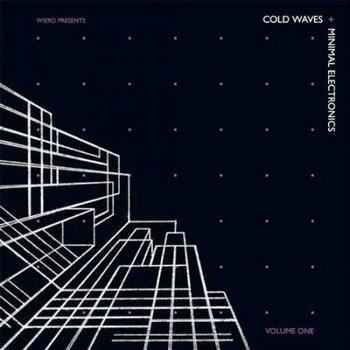
"Despite the icy, clinical connotations of the term cold wave, translated from the French la vague froid, this is a profoundly human album. Laden with brass these are organic creations that act as a kind of reappraisal for analogue synths and drum machines over digital music software. French group OTO’s ‘Anyway’ careers deranged like an electronic freakbeat outfit willed on by a sax-less James Chance. Manu Moan, singer in Swiss band the Vyllies, wails about the devil over metronomic beat and troubling keyboards on ‘Babylon’. Italy’s Jeuneusse d’Ivoire’s ‘A Gift of Tears’ begins like a fragile Joy Division dancefloor filler re-imagined by Neu! before soaring along a dream-like freeway."
Tim Burrows
<a href=” http://thequietus.com/articles/03989-cold-waves-and-minimal-electronics-vol-1-album-review” target=”out”>Read the full Quietus review here.



